s the Iranian regime facing an electoral crisis or a crisis of collapse? ..Written by Mehdi Aqbai

- Europe and Arabs
- Sunday , 16 June 2024 19:10 PM GMT
After the Guardian Council, the election supervisory body, announced the six eligible candidates for the Iranian regime's presidential elections, it became clear that the regime's room for maneuver is very limited in the upcoming elections.
While the regime is trying to put on a show and prepare for the elections, the regime's media is mocking the sterile bickering over disqualification procedures and the next stage of the farcical elections.
But in the meantime, the regime’s guardian jurist, Ali Khamenei, and his senior associates know very well that the real problem is not the election crisis, but rather the regime’s crisis after the death of the regime’s president, Ebrahim Raisi.
On June 4, Khamenei spoke in a speech at Raisi’s grave about the irreparable catastrophe of his loss, noting that there were no differences with him in the policy of repression, contraction, and warmongering.
He said: “This calamity was indeed a great tragedy for the country... We had personalities who served the country before, but not to this extent, not to this size, not to this quality... And in the Ministry of Foreign Affairs, make the best use of opportunities.”
The same severity of the blow and disaster that befell the regime was depicted by Council member Mujtaba Dhul-Nur, who compared the regime’s situation to 1981 and said on June 7: “This is not the first incident, and we hope it will be the last.” The Islamic Revolution has gone through various events and very dangerous turning points. If any of the events of 1981 had happened in any other country, the political system in that country would have collapsed.”
In this regard, Khamenei’s website writes in an article entitled “The God of 1981 is the same as the God of this year”: “If the country grows and prospers in the heart of those crises and wounds, while its official and legal structures are not yet complete. It was formed, and it will also emerge with pride after bitter and tragic events such as the loss of Hajj Qassem (referring to Qasem Soleimani, commander of the Quds Force) and Mr. Raisi.”
Much has been said about consoling the frustrated regime forces after the downfall and death of Raisi, but Khamenei and his appointees seem to have drawn the opposite conclusion from comparing the current crisis to the situation of 1981.
Because in this way they show that the crisis afflicting the regime is not the “crisis of the elections” and the appointment of a replacement for the perished Ibrahim Raisi, but rather the “crisis of the regime” in the face of the threat of a popular uprising. In this comparison, they implicitly point to the alternative and the dangerous force that threatens the regime.


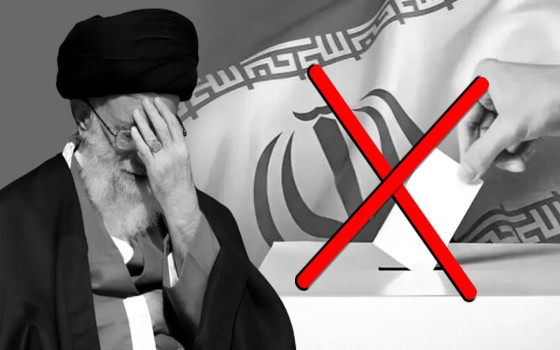
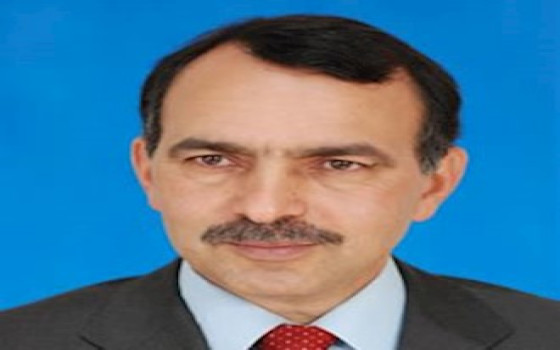


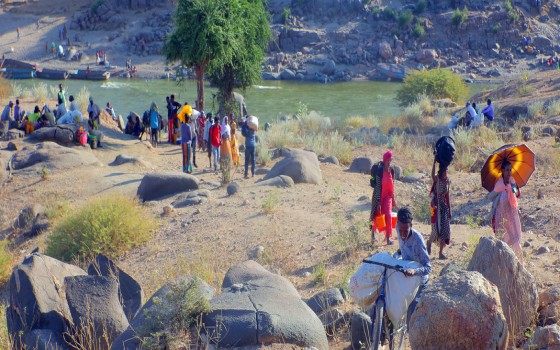

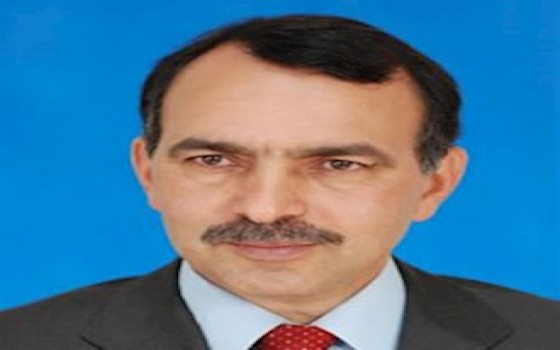
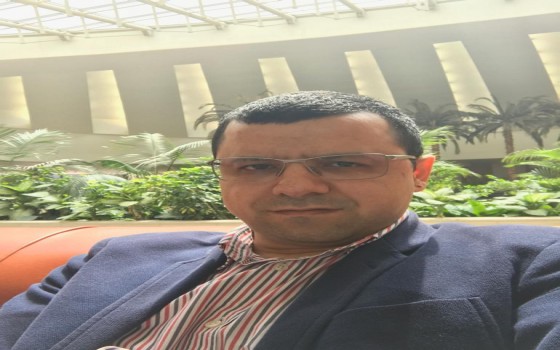

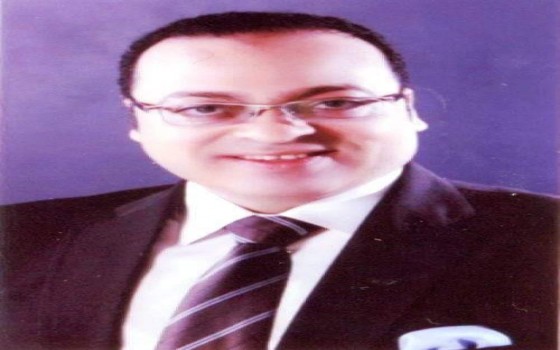
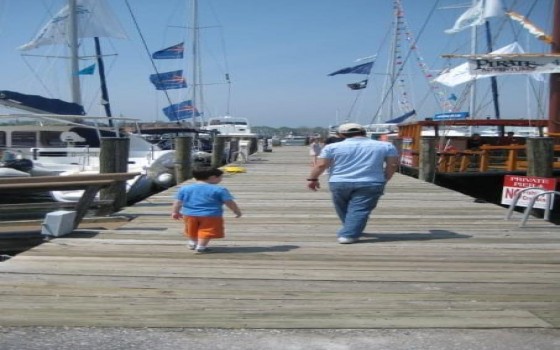
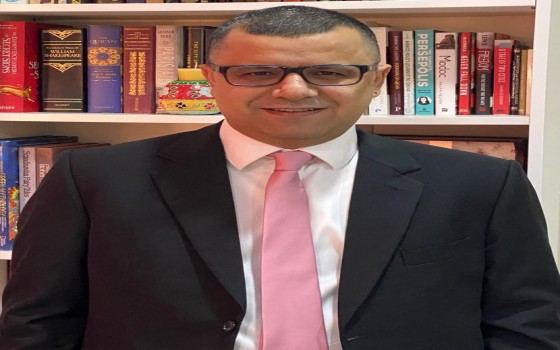
No Comments Found